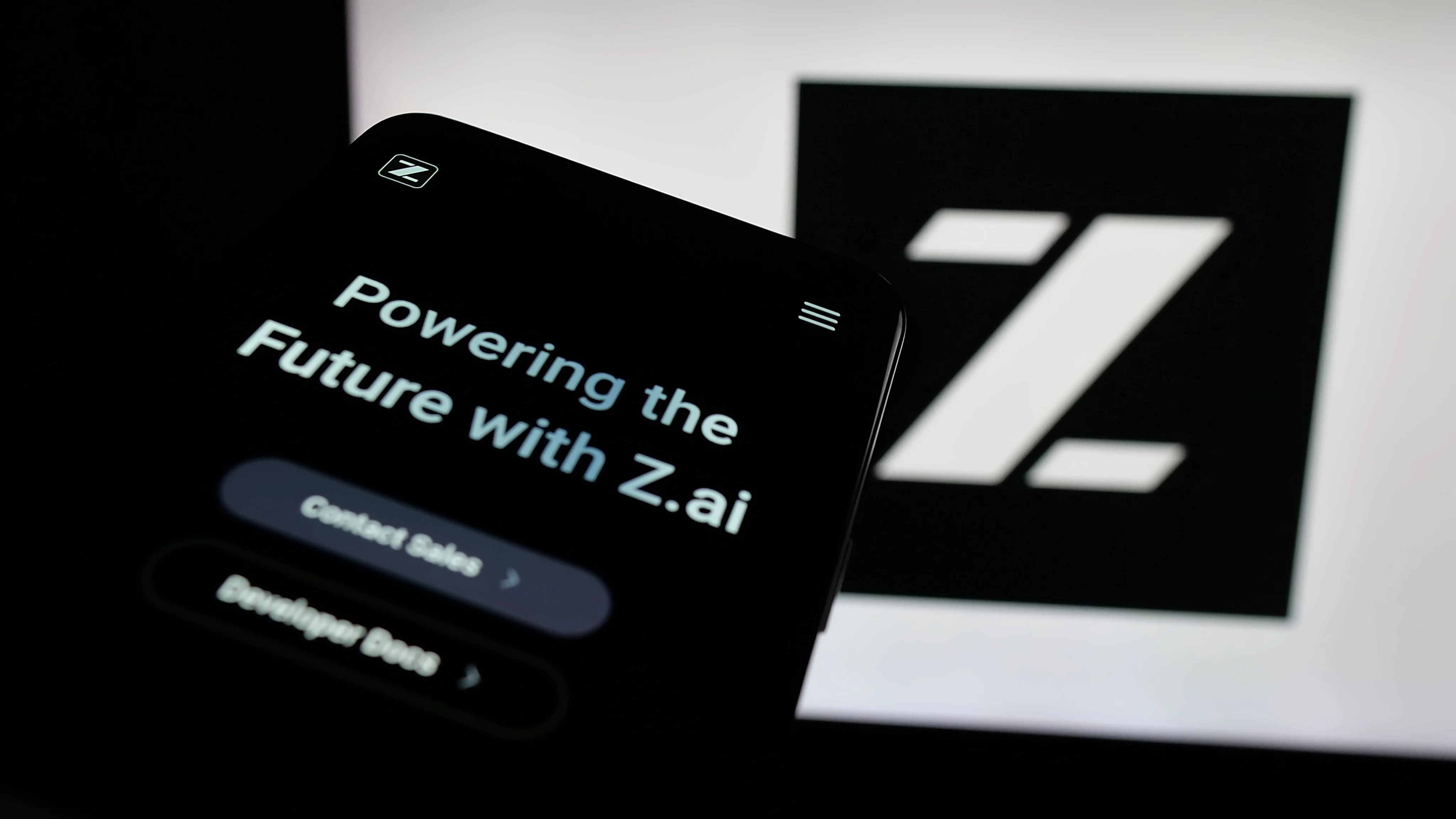Copyright scmp

Chinese artificial intelligence start-up Zhipu AI, marketed internationally as Z.ai, has seen the number of paid users overseas increase tenfold over the past two months, the head of its global operations said, in a sign of the growing appeal of Chinese AI services among global users. The Beijing-based company now has around 100,000 monthly API – or application programming interface – users, as well as 3 million free chatbot users overseas, following the launch of its flagship GLM-4.6 model, Li Zixuan said in an interview on Friday. “We want to grow in every market because growth overseas is exceeding growth domestically,” he said. Launched in late September, GLM-4.6 was billed as the world’s most powerful open model for coding and was quickly integrated into popular AI coding tools such as Anthropic-backed Claude Code. The model was a “game-changer” for Zhipu’s global business, said Li. According to Kilo Code, another coding tool, GLM-4.6 saw the platform’s fastest adoption ever due to its low cost compared with US counterparts, as token usage for the “good enough” model increased 94 times in 12 days. Zhipu is one of China’s leading AI start-ups with a valuation of 40 billion yuan (US$5.6 billion). Spun out of Tsinghua University in 2019, it has received major investments from technology giants such as Alibaba Group Holding as well as from the Hangzhou and Beijing municipal governments. Alibaba owns the South China Morning Post. Government services have long been a key source of revenue for Zhipu, including a 61.28 million yuan deal in May to power city projects in Hangzhou. However, its business with government clients has slowed recently, with Alibaba and ByteDance overtaking it to join Baidu and iFlyTek as the four biggest AI service providers for state-backed customers in the first three quarters of this year, according to research firm Intelligence Hyperparameter. Zhipu is instead looking further afield for more scalable growth as it edges closer to an initial public offering (IPO) on a domestic stock exchange, likely in 2026. “For the API business, you can grow more organically and the return on investment is higher,” Li said. “You don’t have to build many project teams to hand-deliver the models to a small group of key customers, which is harder to operate at scale.” Firmly in Zhipu’s sights is the burgeoning AI coding market – one of the fastest-growing AI sectors globally, with the potential to support “dozens of billion-dollar companies”, according to US venture capital firm Andreessen Horowitz. Meanwhile, firms at home are less accustomed to paying monthly subscriptions for enterprise software, including coding tools. This new strategy made having a competitive AI model crucial, Li said. While big enterprises prioritise local deployment and cost – driven down significantly this year because of DeepSeek – individual developers globally choose models based on capabilities and user experience. “For individual developers, your model doesn’t have to be the best, but it must be good enough for people to use it,” Li said, adding that US models are four to six months ahead of Chinese ones, while US AI labs’ core research is likely a year ahead. “But if it’s good enough, then people will pay,” he said. Zhipu has also come under scrutiny in the United States over its government ties, including blacklisting by the former Biden administration in January and a report from OpenAI in June that singled it out as a key global competitor. However, customers in third countries were “mostly fine” with using Zhipu’s services because their data was either hosted locally or, for API users, in Singapore with “zero data retention”, according to Li.



